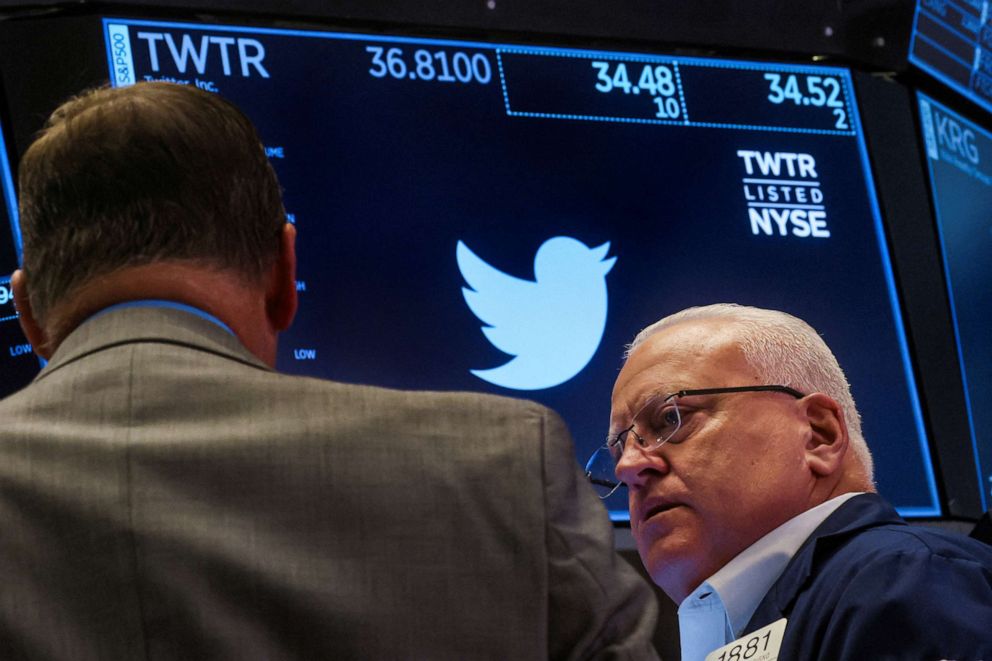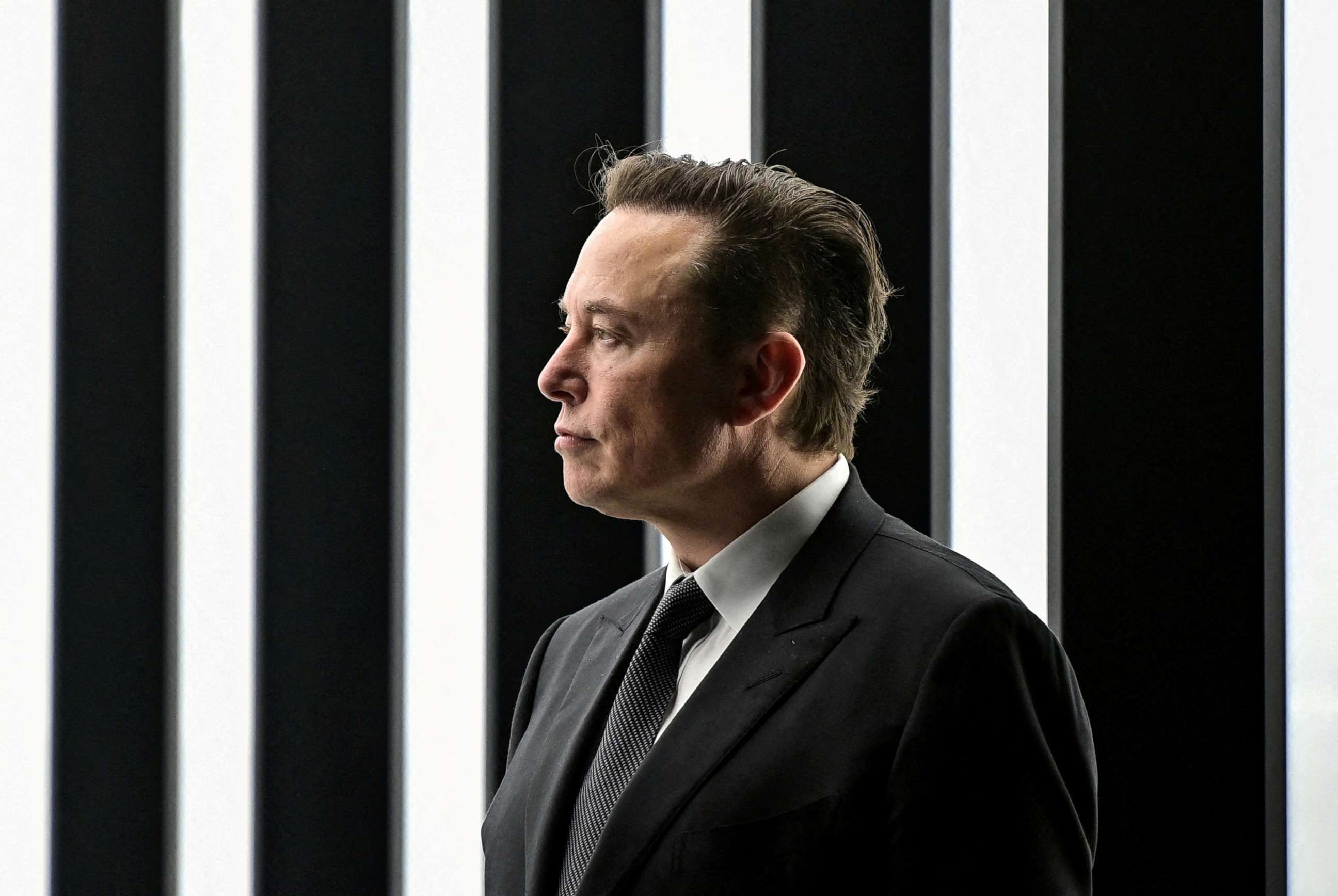Twitter trial against Elon Musk set for October
The lawsuit would force Musk to complete his acquisition of Twitter.
A Delaware court on Tuesday determined that the trial in a lawsuit brought by Twitter against Elon Musk should take place in October, granting an expedited timeline for the case.
Twitter sued Musk — the chief executive of Tesla and the richest person in the world, according to Forbes' Billionaires List — in an attempt to force him to complete his purchase of the company, after he declared in early July he was walking away from the deal.
The scheduling decision made Tuesday -- to hold the trial over five days in October -- appeared to align more closely with a timeline requested by Twitter, which had sought a four-day trial in September. Musk asked the court to set a trial date no earlier than mid-February 2023.
"The reality is that delay risks irreparable harm" to Twitter, said Court Chancellor Kathaleen McCormick.
Attorneys for Musk and Twitter alleged on Tuesday that their opponents held ulterior motives for the timelines they sought.

William Savitt, an attorney from Wachtell, Lipton, Rosen & Katz, who is representing Twitter, accused Musk of delaying the court proceeding in the hope of increasing his negotiating leverage or scuttling the deal with Twitter altogether.
"The company is faced with substantial increasing risk specifically by the overhanging of the merger agreement -- and it's by design," Savitt said.
"Mr. Musk has been and remains contractually obligated to use his best efforts to close this deal," Savitt added. "What he's doing is the exact opposite of best efforts. It's attempted sabotage."
Andrew Rossman, an attorney for Musk and a managing partner at Quinn Emanuel Urquhart & Sullivan, rebuked the claim. Instead, he argued that Twitter has sought to accelerate the case to prevent Musk and his representatives from assessing the company's estimate in an SEC filing that less than 5% of accounts on the platform are bot or fake accounts.
"There's no reason to try to do this in two months, except for one. The one reason is what Twitter wants to do is continue to shroud in secrecy the issue regarding their less than 5% spam and false account representation," he said.
"As long as is necessary to get this deal railroaded through and force Mr. Musk to close," he added.
"Twitter's bid for extreme expedition rests on the false premise that the Termination Date in the merger agreement is October 24, glossing over that this date is automatically stayed if either party files litigation. By filing its complaint, Plaintiff has rendered its supposed need for a September trial moot," Alex Spiro, an attorney for Musk, wrote in a court filing on Friday.
The Delaware Chancery Court will determine whether Musk remains obligated to purchase Twitter.

Musk has claimed Twitter failed to disclose the number of fake accounts on the platform. Twitter has said 5% of active users are bots but Musk has said he believes the figure is higher.
"Post-signing, Defendants promptly sought to understand Twitter's process for identifying false or spam accounts. In a May 6 meeting with Twitter executives, Musk was flabbergasted to learn just how meager Twitter's process was," Musk's filing said.
The legal battle marks the latest chapter in a monthslong saga that began in January when Musk started investing in Twitter.
Musk reached an acquisition deal with Twitter in April, but in the weeks since, he has raised concerns over spam accounts on the platform, claiming Twitter has not provided him with an accurate estimate of their number. Twitter has rebuked that claim, saying it has provided Musk with information in accordance with conditions set out in the acquisition deal.
Last Tuesday, Twitter sued Musk to force him to complete the deal.
"Musk refuses to honor his obligations to Twitter and its stockholders because the deal he signed no longer serves his personal interests," Twitter said in the lawsuit. "Musk apparently believes that he — unlike every other party subject to Delaware contract law — is free to change his mind, trash the company, disrupt its operations, destroy stockholder value, and walk away."




